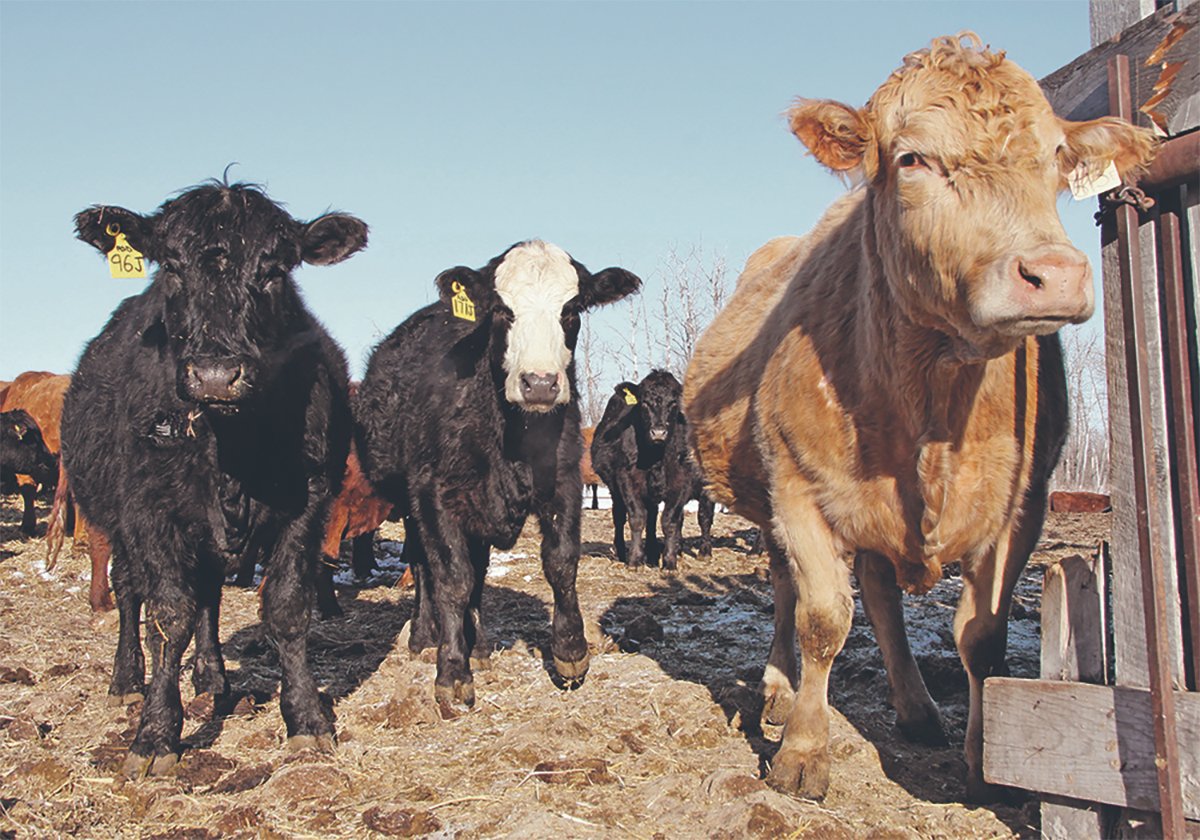New laws that allow American slaughter hogs into Canada for the first time in years are ineffective and may cause trade barriers, according to one packing plant manager.
“Effectively we consider the United States closed as a source for live hogs. We can’t comply with the protocol,” said Bob Telford, general provisions manager for Fletcher’s Fine Foods in Calgary.
Although he welcomes the decision that allows U.S. pseudorabies-free hogs to enter Canadian packing plants, he thinks conditions in the international protocol make it unworkable.
Read Also

Livestock inspection costs increase in Saskatchewan
The Sept. 1 50-cent increase to livestock inspection fees may seem like another hit when everything is going up, but the chief executive officer of Livestock Services of Saskatchewan said producers should consider the value they receive in return.
“The manure and straw and everything has to be kept separate, which is physically impossible short of putting diapers on every hog.”
Up until December the Canadian border wouldn’t accept American hog imports because many states couldn’t guarantee their hogs were free of pseudorabies. After substantial pressure from American hog producers, pigs from disease-free states can enter Canada.
Telford now fears American retaliation if packers can’t accept U.S. hogs.
“What our company is deathly afraid of is that it goes beyond the live hog stage. What if they then get mad at the amount of pork we’re shipping down there?
“Forty-five percent of every … thing I produce here in Red Deer goes exactly there. That’s what I’m deathly afraid of. I wouldn’t need half the hogs.”
Manure is one of the main problems, said Telford. Packers can keep Canadian hogs separated in pens but the barn has only one common manure settling tank, said Telford. The protocol suggests incinerating the manure or putting it into municipal sewage. Neither of these are workable, he said, as he speculated on a negative reaction from cities if plants were to contribute additional sewage to the system.
The plant doesn’t have an incinerator and doesn’t plan to get one, he said: “We just won’t consider it.”
Officials from the Canadian Food Inspection Agency visited packing plants recently and discussed the protocol with packers, said Telford. Although no new decisions were made, they were “quite sympathetic,” said Telford.
However, Edouard Asnong, Can-adian Pork Council president, isn’t convinced.
“At this moment I don’t believe their problem is as big as they are telling us. I don’t believe it at all,” he said. He is disappointed that after years of developing the protocol, the packers now have a problem with it.
At month’s end all players will come together in Montreal to discuss their concerns.
“They had better have good explanations to convince me that it is not workable,” said Asnong, adding he won’t consider protocol changes until then.
None yet
So far no American hogs have entered the Fletcher’s plant since the protocol and Telford thinks the number of U.S. hogs he’ll accept will vary from week to week.
“There would be some weeks we probably wouldn’t buy any and weeks we’d want to fill out a specific kill. In some weeks we could handle 4,000 or 5,000 hogs and others we wouldn’t use any U.S. hogs because we’d have too many Canadian.”
Canadian hog supply is still hard to determine at this stage, he added.
“We’re kind of in between the creeping and crawling stage right now. This latest disaster killed a lot of the smaller producers and we’re kind of going through a valley right now,” said Telford, adding larger hog operations are to come on stream later this year.
However, there is a good chance there won’t be enough hogs to meet demand. Schneiders’ packing plant is expanding and will likely build a kill operation while the Maple Leaf plant will open in Brandon, Man., this year or early next, he said.
“We will have three world-class plants that could each kill about four million hogs a year. There is a tremendous shortfall of hogs in Western Canada if you consider that,” said Telford.
In anticipation of that, he wants the protocol issue settled.
“I think you can’t go around preaching free trade and put up artificial barriers. It’s just not the way things are done.
“We have to live with barriers with the European Union and everybody else and we’re guilty of the same damned thing.”
















